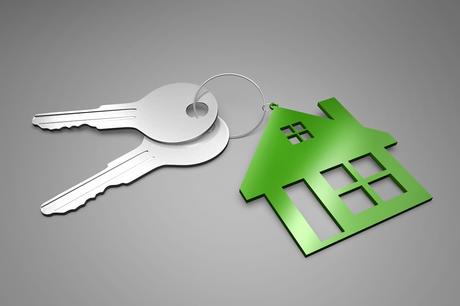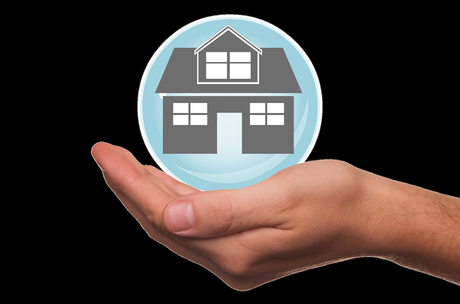
It is largely agreed that there are two types of debt:
- Bad debt. Bad debt is debt that is difficult to repay, usually spread across loans or credit cards. Wherever possible, this kind of debt should be avoided.
- Good debt. Good debt is still debt, but it’s debt with a purpose, and where the debt is well-controlled and manageable. The most common type of “good debt” is a mortgage, which is an investment towards the future.
In truth, the vast majority of people don’t think of “good debt” as debt at all. While they may worry about bad debt, and do all they can to clear it as quickly as possible, there are no such concerns about their mortgage. However, it’s worth asking…
Is having a mortgage really a positive?
Obviously, owning your property via a mortgage is vastly preferable to renting. However, there is a certain school of thought that suggests that debt – all debt – is less than ideal. While a good debt like a mortgage is far preferable to bad debt, it’s still a debt, and if you want to truly protect your finances for the future, then eradicating all debt is a sensible choice.
This school of thought has given rise to an increasingly-popular idea: achieving mortgage-free status.
What is mortgage-free status?
If someone is mortgage-free, they own their home outright. In most cases, this means that they had a mortgage, but they have paid it off.
What are the benefits of being mortgage-free?
- You truly own your property. Most people consider themselves “homeowners” when they have a mortgage, but this isn’t technically the case – the lender owns the property. If a person defaults on their mortgage, the lender can take the property back.
- You reduce your monthly outgoings, as you no longer need to pay your mortgage or rent.
- You have an asset that you can sell in future if required. Many people, for example, strive for mortgage-free status in anticipation of selling their home to cover care costs in later life.
- Your children can inherit your home without having to deal with the bureaucracy of transferring the mortgage or covering payments in future.
Due to the above, it’s fair to say that achieving mortgage-free status is hugely advantageous for both your current and future financial management.
How do people become mortgage-free?
There are a number of different routes people can utilize when seeking to achieve mortgage freedom.
- The most obvious is to overpay your mortgage, treating it as you would a “bad debt” – dedicating all surplus funds in your budget to reducing the overall amount owed.
- Alternatively – though sometimes additionally – people select a shorter-term mortgage. Shorter-life mortgages, such as those that run for 15 rather than the more standard 30 years, mean that the mortgage is paid off in a far shorter timeframe.
Are there any disadvantages to being mortgage-free?
There are no disadvantages to mortgage freedom directly, but there can be issues related to how mortgage freedom is achieved.
For example, to become mortgage-free as quickly as possible, it seems sensible to select a 15-year mortgage. However, these mortgages tend to require far higher monthly payments, which can place real stress on your outgoings. As a result, your monthly budget is a critical factor when considering whether to opt for a 15 or 30 year mortgage product.
Furthermore, if you intend to make occasional payments to your mortgage in order to reduce the overall amount owed, you may find that fees are applied to your account as a result. Most people find these fees manageable. In fact, some mortgage products don’t allow you to make early repayments at all, so you may need to switch products in order to become mortgage-free.
What should you do if you want to become mortgage-free?
- Settle your “bad debts” first. Credit card debts, loans, and store cards are a more pressing financial concern than your mortgage, so prioritize these before exploring the possibility of becoming mortgage free.
- Consider your existing budget carefully. If you can afford higher monthly repayments, you can consider switching to, or opting for, a 15-year mortgage in order to clear the balance as quickly as possible.
- Check the terms and conditions of your existing mortgage, or any mortgage you are considering applying for in future, to see if there are any fees for early repayments.
- If you have a mortgage product that allows you to make ad-hoc payments, cut costs wherever possible and use all surplus monies to overpay your mortgage.
In conclusion

Obtaining mortgage-free status has a huge number of benefits, though it’s important to ensure you have a suitable mortgage product before making an attempt. However, with a good broker, the right product, a reasonable monthly budget, and a sense of determination, you too can achieve mortgage-free status far sooner than you may have ever expected.
